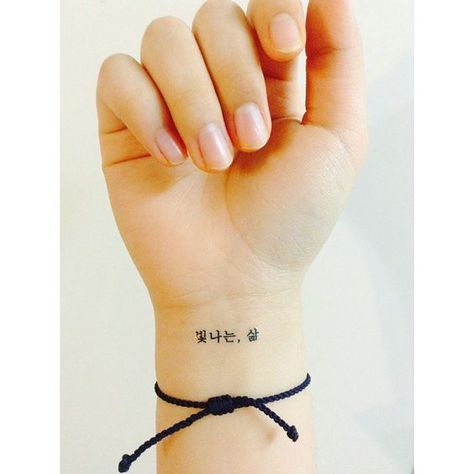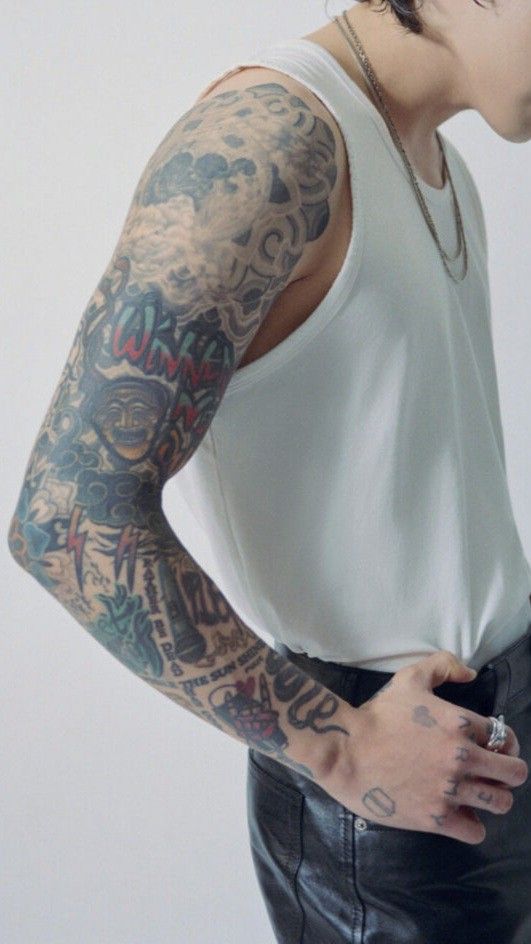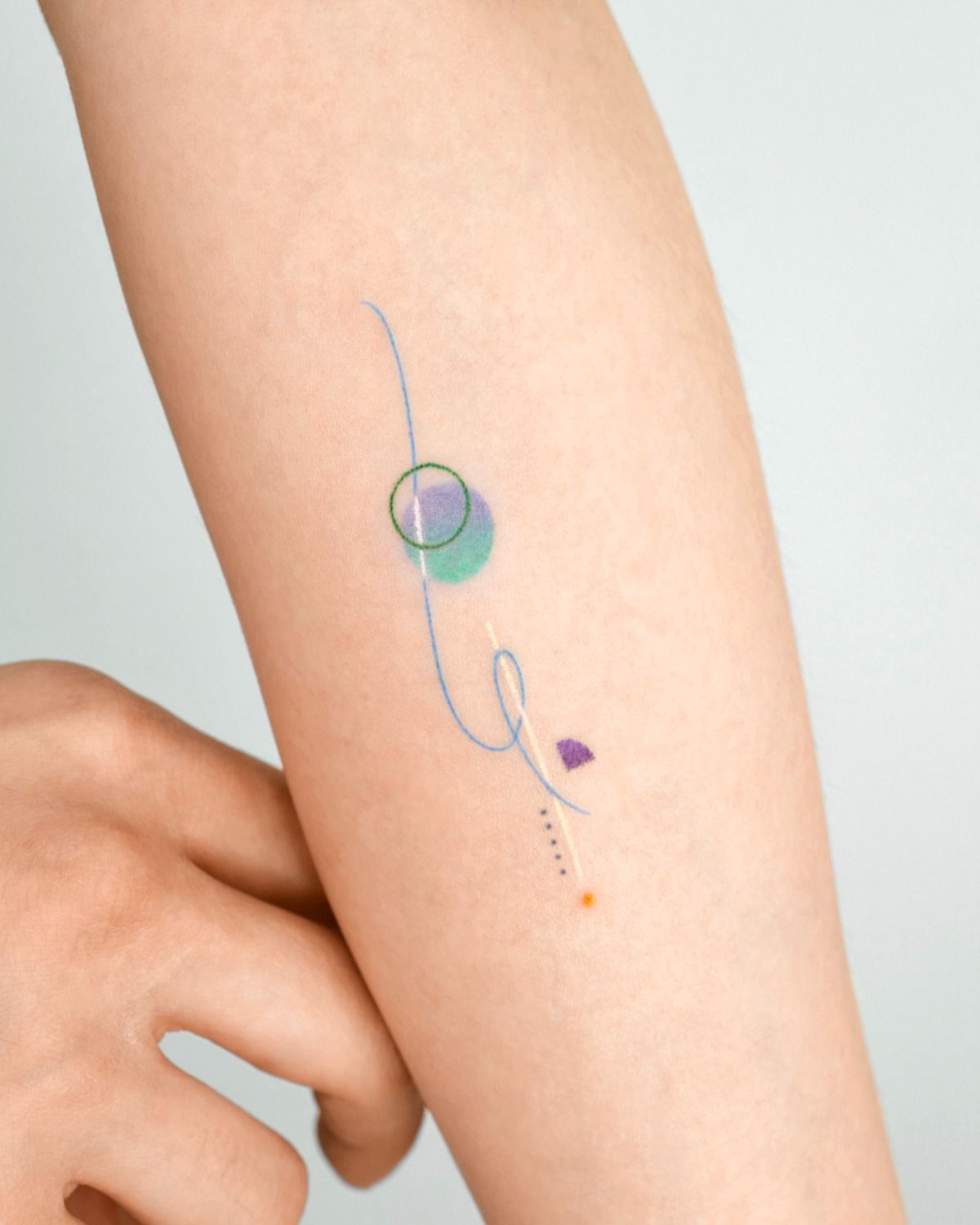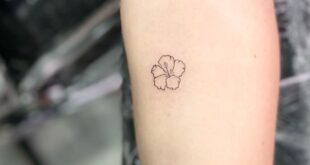Tattooing has a long history in Korean culture, dating back to ancient times when it was used as a form of punishment for criminals. However, in modern times, tattooing has become a popular form of self-expression and art in South Korea.
In recent years, tattooing has become more mainstream in Korean society, with many young people getting inked as a way to showcase their individuality and personal style. Korean celebrities and influencers have also played a big role in popularizing tattoos, with many of them proudly showing off their intricate designs on social media.
One of the most popular styles of tattooing in Korea is known as “line work” or “fine line” tattoos. This style features delicate and intricate designs created using thin, precise lines. Many Korean tattoo artists are known for their skill and expertise in this style, which has gained popularity not only in Korea but also around the world.
Despite the growing popularity of tattooing in Korea, there is still a stigma attached to it in some parts of society. Inked individuals may face discrimination or judgment in certain settings, such as the workplace or in more conservative social circles. This has led to some legal restrictions on tattooing in Korea, with only licensed medical professionals allowed to perform the procedure.
However, there has been a growing movement to challenge these restrictions and change attitudes towards tattooing in Korea. Many young Koreans are pushing back against the stigma and embracing tattoos as a legitimate form of self-expression and art. In major cities like Seoul, there are now thriving tattoo communities and a growing number of tattoo studios offering a wide range of designs and styles.
Overall, tattooing in Korea is a complex and evolving phenomenon that reflects the changing attitudes towards self-expression and individuality in Korean society. While there are still challenges and obstacles to overcome, the growing popularity of tattoos in Korea is a sign of progress and a testament to the power of art in breaking down barriers and challenging societal norms.
 innstyled Tattoo Ideas
innstyled Tattoo Ideas





















